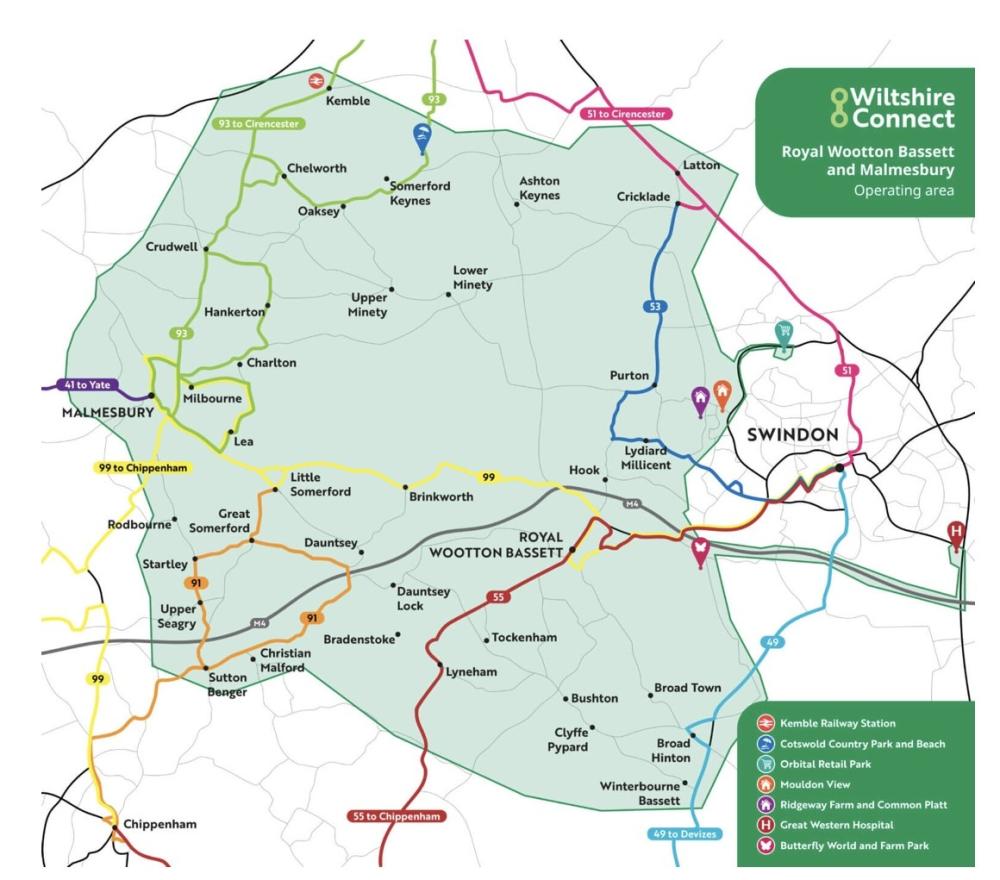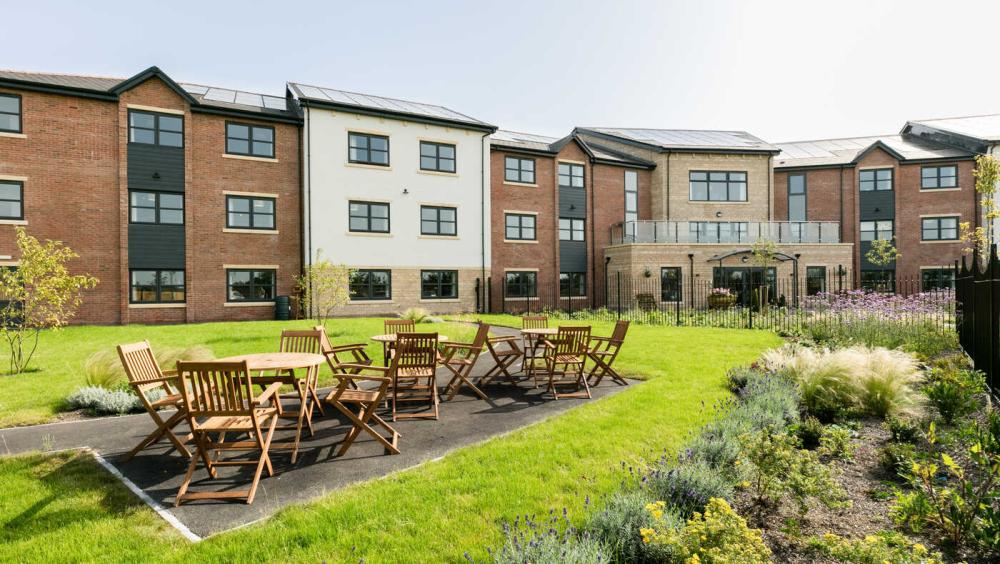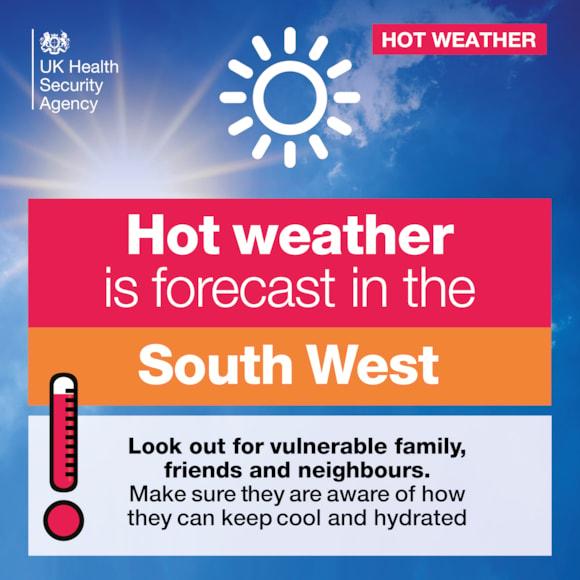Swindon people are being urged to help reduce their risk of developing cancer.
More than 3,000 people across the Bath and North East Somerset, Swindon and Wiltshire NHS area were referred to hospital in December of last year alone for possible cancer symptoms.
While not all referrals result in a positive diagnosis, it is widely accepted that around one in two people will be affected by some form of the disease during their life.
Local doctors are now highlighting how small changes to everyday habits, while also incorporating some healthier lifestyle choices, can reduce the chances of developing cancer.
The call to take action coincides with Cancer Prevention Action Week, which runs until Sunday 26 February.
While the theme of this year’s week focuses on bowel cancer and the way in which a person’s diet can impact their likelihood of cancer, people are being asked to think more broadly.
Dr Francis Campbell, GP Partner and Primary Care Partner Member for Bath and North East Somerset, Swindon and Wiltshire Integrated Care Board, said: “Cancer can unfortunately affect almost any part of our bodies, and our chances of having the disease can be hugely altered by choices we make every day.
“Most of us know that smoking is a huge contributing factor to many types of cancer, but other lifestyle choices, such as drinking too much alcohol, eating a poor diet, spending too much unprotected time in the sun and not getting enough exercise, can also be harmful.
“Our overall health should be of the utmost importance at any time of year, but this particular week is a great opportunity to take stock and, wherever possible, make changes that can provide long-term benefits.”
Experts suggest that smoking is responsible for nearly a quarter of all cancer diagnoses, and that the earlier a person quits the greater their future health prospects will be.
Similarly, according to Cancer Research UK, people can reduce their risk of developing more than a dozen types of cancer by bringing their weight down to a healthy level and eating a balanced diet, consisting of plenty of fruits and vegetables and a minimal amount of processed food, such as sausages and bacon.
As well as taking positive steps to prevent cancer, people are being encouraged to do what they can to identify the disease at the earliest opportunity.
The NHS offers a number of cancer screening programmes, most notably for bowel, breast and cervical cancer.
Treatment for cancer is more effective when the disease is in its early stages, which is why people invited to a screening, even one of a kind attended previously, should take up the offer straight away.
More information on staying well, as well as further details about the steps to take to minimise the chances of developing cancer, can be found at www.bswtogether.org.uk/yourhealth/cancer-prevention









Your Comments
Be the first to comment on this article
Login or Register to post a comment on this article